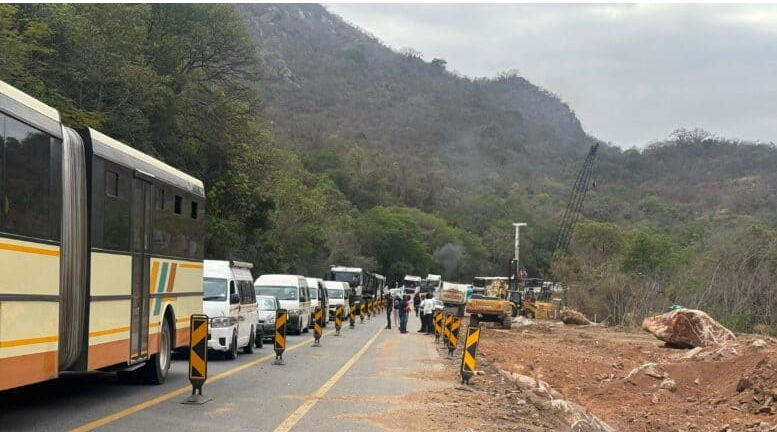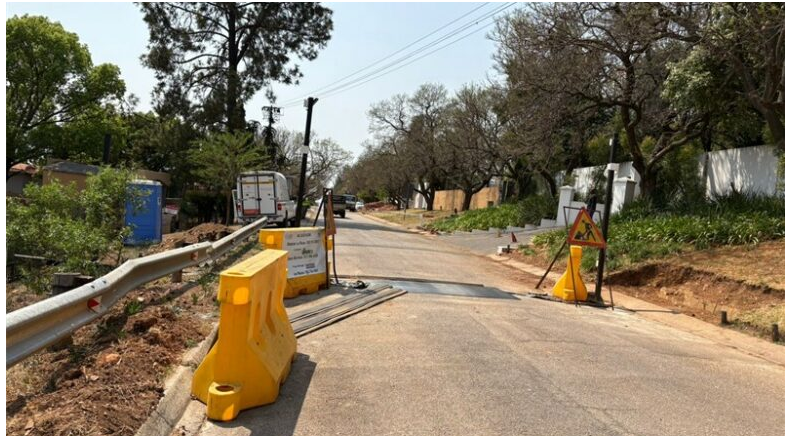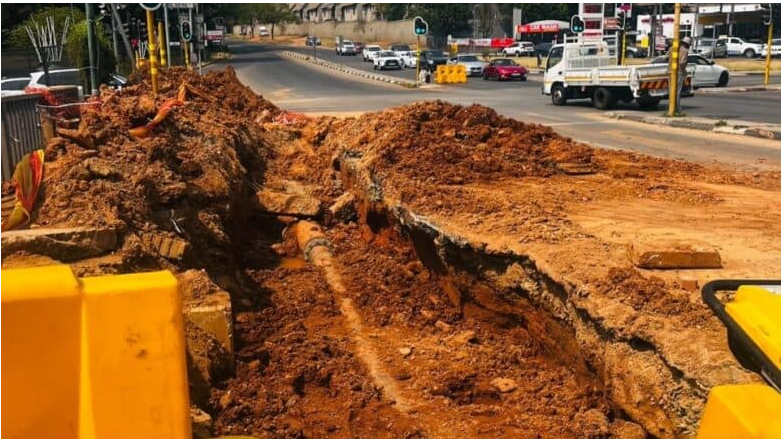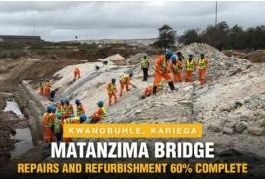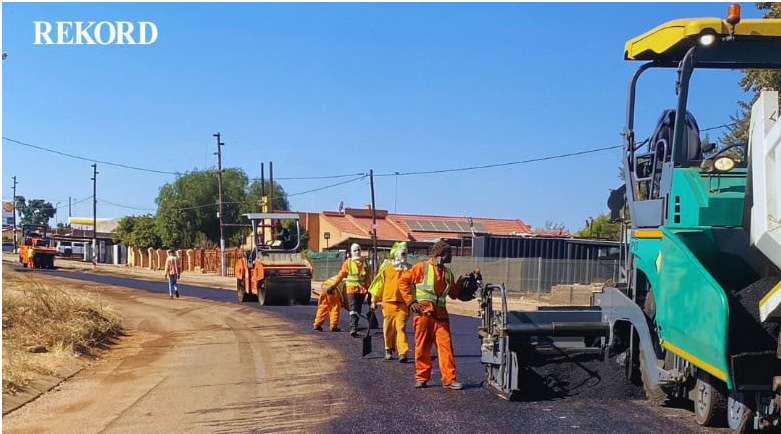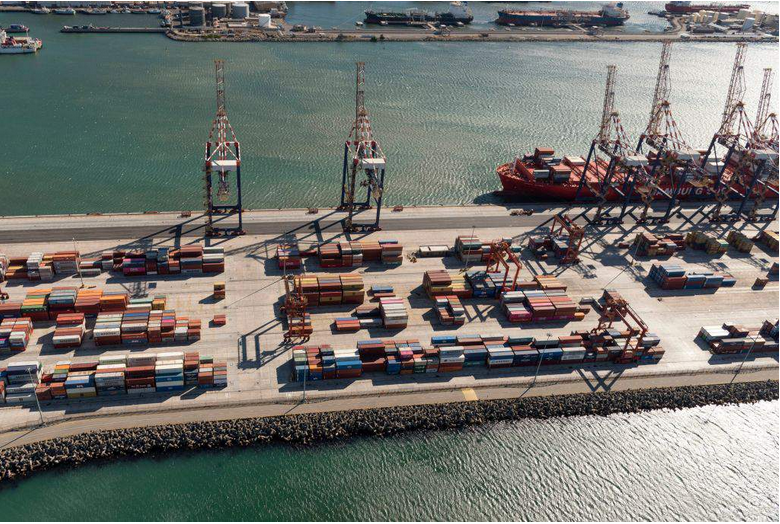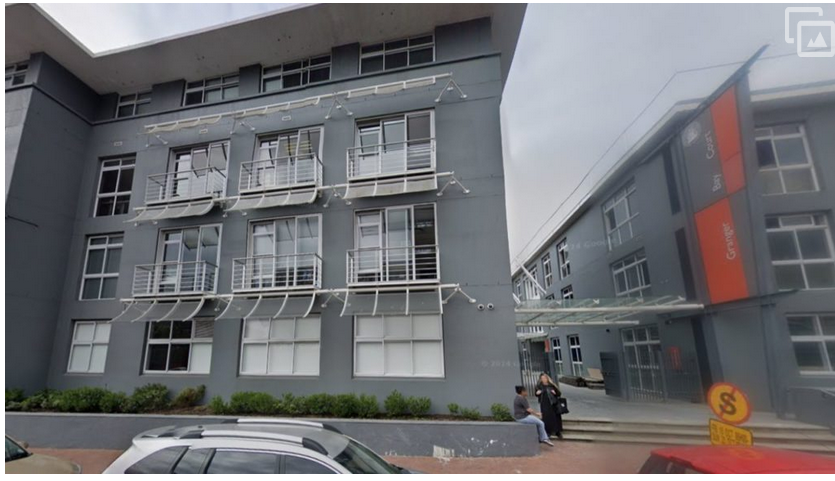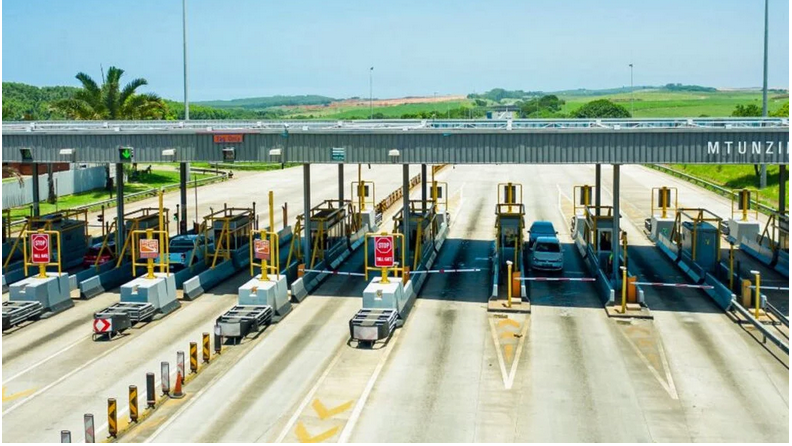Gauteng unveils bold plan to address infrastructure challenges
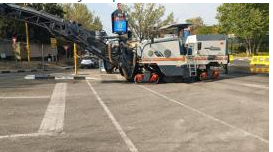
Advertising
18-09-2025
Read : 3 times
South African Government News Agency
Source
In a move to confront infrastructure challenges within Gauteng, the provincial government is deploying a “multi-faceted and practical strategy” to fix failing infrastructure, root out construction mafia syndicates and deal with project mismanagement.
In a statement, the Gauteng Provincial Government (GPG) said the repair of failing infrastructure and the revitalisation of Central Business Districts is at the heart of a 13-point plan unveiled by Premier Panyaza Lesufi during the State of the Province Address in February.
“This strategy redefines infrastructure as a fundamental catalyst for sparking economic development, generating employment and transforming society,” the provincial government said.
The province also noted that Lesufi has consistently acknowledged the “severe state of disrepair in some of the province's infrastructure, correctly identifying it as a detriment to economic growth”.
“The causes are complex and multifaceted, including historical inadequate maintenance, rampant vandalism by sophisticated syndicates, pressure from so-called ‘business forums’ (construction mafias), and significant project management failures.
“The provincial government is confronting these legacy challenges directly through a multi-faceted and practical strategy. This plan is focused on completing unfinished projects, securing existing assets. and ensuring the province's infrastructure is sustainable for the future,” the provincial government explained.
Interventions already underway include the establishment of an Infrastructure War Room, aimed at managing risks and driving turnaround strategies for critical infrastructure projects, including “unlocking funding, with a specific focus on Public-Private Partnerships”.
“The Department of Infrastructure Development [DID] has also introduced the Infrastructure Delivery Platform (IDEP), a tool that will fast-track all distressed projects while significantly enhancing transparency and communication with client departments.
“The department has also taken decisive action by terminating the contracts of non-compliant service providers. This includes compiling a list of these restricted suppliers for National Treasury to initiate an official blacklisting process, ensuring these poor performers are excluded from future work,” the provincial government said.
The Gauteng Infrastructure Financing Agency (GIFA) has also been centralised within the DID, while work is also underway to tackle construction mafia syndicates.
“GIFA has been tasked with revitalising and commercialising the government's property precinct in the Johannesburg CBD. This innovative, results-oriented strategy aims to convert underutilised assets from liabilities into income-generating assets, stimulating economic growth, creating jobs, and generating revenue for the state.
“To combat construction mafia syndicates, the matter is being escalated to the Gauteng Essential Infrastructure Task Team. Led by SAPS, this multi-agency unit targets crimes like cable theft, vandalism, and illegal connections.
“It comprises police, traffic officials, and experts from Eskom and Transnet who conduct intelligence-led operations to disrupt crimes and recover stolen materials,” the GPG said.
Additionally, Heads of Department will now be held accountable for unfinished projects and some youth employed within the Nasi Spani, will be deployed to maintain infrastructure.
“Premier Lesufi decided that the performance contracts for all Heads of Department would include a clause to reduce and eliminate unfinished infrastructure projects within their departments. He also stated that consequence management would be implemented for those responsible for any unfinished projects.
“The recently launched Nasi Ispani 2.0 initiative includes the Unemployed Youth Skills Development Initiative, which will enrol 2 810 unemployed youth for high-impact, hands-on training in critical trades like plumbing, electrical installation, construction, and plastering.
“These are the very young people who will be deployed to finish and maintain the provincial infrastructure, reducing the government's long-term dependence on external contractors,” the GPG said.
Recent News
Here are recent news articles from the Building and Construction Industry.
Have you signed up for your free copy yet?
